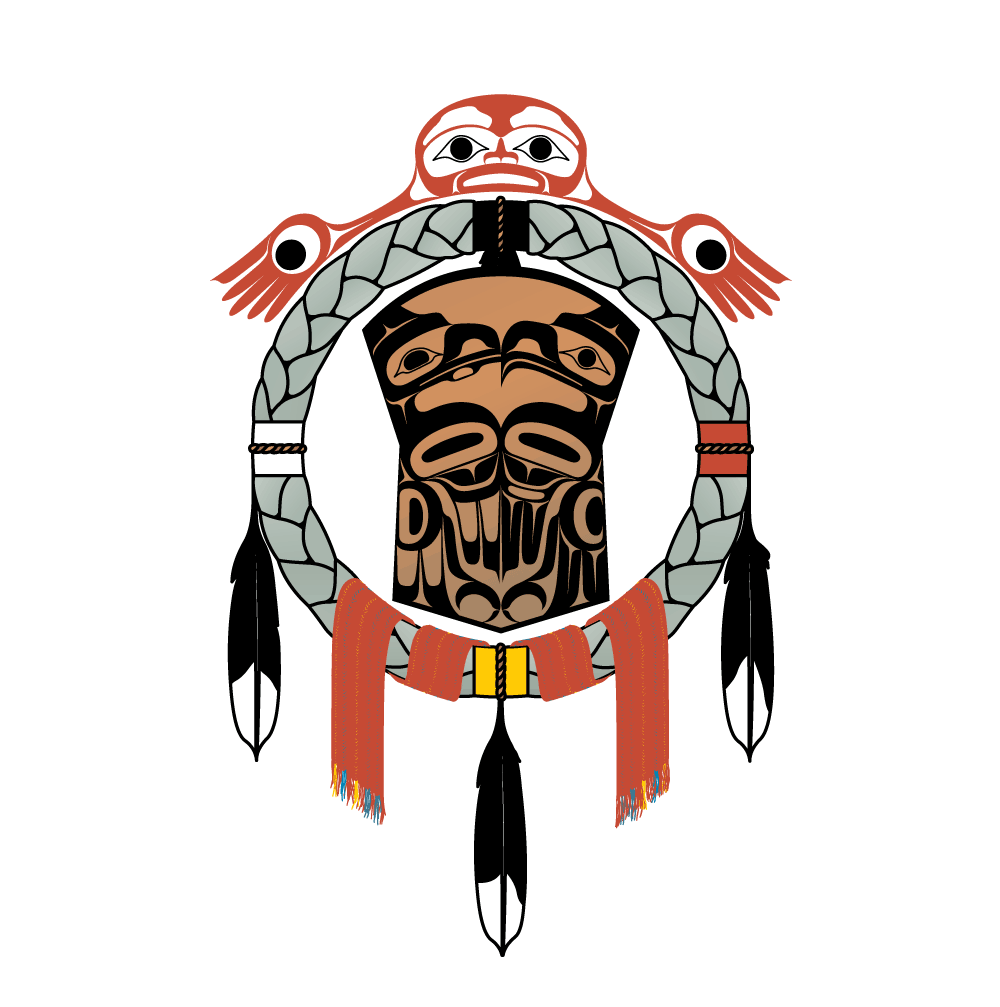11 Jun The Learning Hub: Issue 13

In this week’s issue…
Ten Radical Ways Assessment Is Changing
From Contact North | Nord teachonline.ca

More and more, faculty and instructors are thinking differently about assessment. They are seeing it as a continuous rather than occasional process, a collaborative activity focusing on verifying knowledge, competence and capabilities rather than status within a group of learners. Technology is enabling a different way to practice assessment. Read More
Pandemic Teaching Prescriptions
From INSIDE HIGHER ED | insidehighered.com
Faculty members and students have had better experiences in online classes that shared six factors.
Read More
JIBC Library
IMAGES IN COURSEWORK
Ensure you are working within the Fair Dealing Guidelines
- When looking for images online, always assume images are copyrighted unless there is evidence to the contrary.
- Cite the image owner/creator and the image source both for copyright and academic integrity reasons.
- If the image is part of a products license, state at the beginning of the course, that unless cited otherwise, all images are part of the license with XXX
[where XXX is the name of the company /product]. - Ensure all other images are cited.
- All images produced by JIBC need to be cited e.g. Justice Institute of British Columbia
- Remember the Use of Media Consent and Release forms (individual or group), if including people in image
- Even if website says attribution not necessary, we still cite all images to maintain academic integrity
- If you receive permission to use a specific image, in addition to keeping a copy for your records, provide the Library with a copy for their copyright permissions folder.
- If the image is part of a products license, state at the beginning of the course, that unless cited otherwise, all images are part of the license with XXX
- Looking for open access images?
- Library > Research > Guides (By Title) > Open Education Resources (OER): Websites > Images.
- If you have any questions, please contact cdujmovich@jibc.ca
- Find all the information you need on images in our Copyright Guide for Faculty > Images tab
|
|
|
Upcoming CTLI Virtual Drop-in Sessions
Come meet us in Collaborate! Bring your questions!
- Thursday, June 18, 2020 from 11am to 12pm
- Thursday, June 25, 2020 from 11am to 12pm
We’ll be running a drop-in session each week, on Thursdays, between 11am-12pm.
Register for your session here.
 Resources
Resources
Interesting Finds
- YouTube launches ‘Video Chapters’ to help easily navigate through videos
- Miro: Visually plan and prioritize large-scale product releases and easily communicate them to the team using this free interactive User Story Mapping tool.
- The New Normal: Using OER to re-open education (English PDF) – BCcampus
- Creating learning activities for F2F and online – KPU
- Virtual Lab and Science Resource Directory – The BCcampus Open Education Virtual Lab and Science Resource Directory lists free science resources designed to support remote science education.
Online tools for designing online activities:
- Scrumblr.ca Scrumblr is a simple (but not particularly flexible) activity that can be used to generate quick, synchronous activities for students. Here is an example of an activity at scrumblr.ca/lobes to quickly review functional neuroanatomy. FYI no one at all needs an account to use Scrumbr so it’s FIPPA compliant!
- Hypothes.is Hypothes.is is a webtool that allows people to annotate online text. Faculty can ask students to read online articles (including blogs, news articles and peer-reviewed publications) and provide commentary, translate into lay terms, ask questions, or link to related resources. This can be an effective tool to motivate students to extract meaning from online texts.
- Having students build concepts maps for a particular concept, lecture or module is really effective for helping students work through ideas and recognize broad connections between concepts.
One option for faculty is to use Bubbl.us. While Bubbl.us accounts are not FIPPA compliant, students and faculty can use the platform to generate and download concept maps without providing any contact information (i.e. no account necessary). However, maps cannot be saved during (or after) development. - Etherpad – ETUG The 12 Apps of 2020: one app each month
 Upcoming Events
Upcoming Events
- FLO MicroCourse – Design with Liberating Structures
Facilitating Learning Online (FLO) MicroCourses are short, single-topic, hands-on, practical, and free. In one week you will have an opportunity to dip into the FLO experience and leave with something practical and useful for your own teaching practice.
June 15, 2020 – June 21, 2020 | Register Here - LGBTQ2S+ Students in the Time of COVID – Connecting Amongst Distance
Social distancing has equated to feelings of social isolation which can be particularly pronounced for LGBTQ2S+ students. To address this, let’s create space to connect, build community, and identify challenges unique to LGBTQ2S+ students at this time.
June 16, 2020 | 3:00 pm – 4:00 pm | Register Here - Fun FLO Friday
Not sure how to engage students meaningfully in a synchronous session or how to spice up that 3-hour lecture? Come enjoy a sandbox session in Collaborate Ultra with an expert facilitator, Lauren Halcomb-Smith. During this 1-hour session, Lauren will show some tips and tricks within Collaborate Ultra that you could use to promote student participation and engagement.
June 19, 2020 | 12:30 pm – 1:30 pm | Register Here - Adapting to COVID-19: We’re Here2Talk
With the recent launch of Here2Talk, BC’s new 24/7 mental health counseling and referral service for Post-Secondary students, we are pleased to extend an invitation to participate in an online Question and Answer session with Ministry staff and the Here2Talk service provider. This session will offer an overview of the program and the different modalities available to access Here2Talk services.
June 23, 2020 | 3:00 pm – 4:00 pm | Register Here - Pivot to Online for STEM Educators
Science, technology, engineering, and mathematics (STEM) educators across B.C. are facing shared challenges around remote teaching. Some of these challenges include conducting labs and assessments in an online environment. We will be joined in this session by STEM educators who will share their experience and ideas.
June 25, 2020 | 11:00 am – 12:00 pm | Register Here
Click here for the list of BlueJeans recordings from #AskBCcampus
We’re still in the early days for pivoting learning online –
it’s best to practice simplicity, empathy, and compassion. #AskBCcampus
~ BCcampus
DROP-IN THIS MONTH
Thursday, June 18, 2020 from 11am to 12pm | Join session
Thursday, June 25, 2020 from 11am to 12pm | Join session
CTLI RESOURCES
Universal Design for Learning
Facilitating Synchronous Online Learning with Collaborate Webinar
- Watch a recording of the workshop here.
- Follow along with a copy of the slides.
- Suggestions for Synchronous Online Learning (PDF).
Pivoting to Online
- Watch a Recording of a Collaborate Training Workshop
- Instructor Transition Course
- Blackboard Help | For Faculty | For Students
Lean on Me – ArtistsCAN
Watch, Stream, Listen and Share. All proceeds of the ArtistsCAN single are donated to the Canadian Red Cross to help fight COVID-19 in Canada.
 |
CONTACT US
Want some one-on-one help? Have something specific you need assistance with? Reach out to the CTLI team by emailing us at telt@jibc.ca.
OFFICE OF INDIGENIZATION

1996 was a significant year for Indigenous Peoples in Canada. The last Indian Residential School was closed and National Aboriginal Day (known today as National Indigenous Peoples Day) began. After consultation with Indigenous Peoples, then Governor General Roméo LeBlanc, announced that June 21, the arrival of summer solstice, would become the annual date to celebrate Indigenous cultures and heritage and recognize the considerable contributions made by First Nations, Métis and Inuit Peoples. Summer solstice is a sacred time for Indigenous Peoples, representing an important seasonal shift of light, growth and abundance. This period is aptly symbolic for the shedding of dark colonial traumas and for sharing in the vitality of distinct and diverse histories, cultures, languages, and traditions of our First Peoples.
Academics is one important space to illuminate Indigenous knowledges and perspectives and include Indigenous authors, researchers and content creators. We recommend checking out the vast array of Indigenous resources provided by JIBC’s library.
CONTACT US
Email indigenization@jibc.ca if you have questions or comments regarding National Indigenous Peoples Day and accessing Indigenous educational resources for your programming area.






